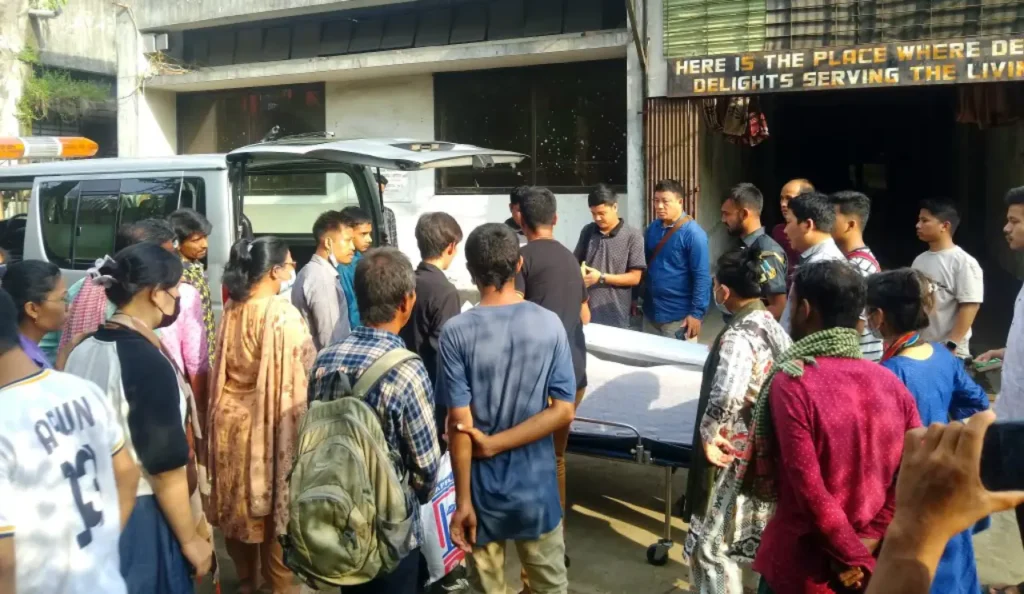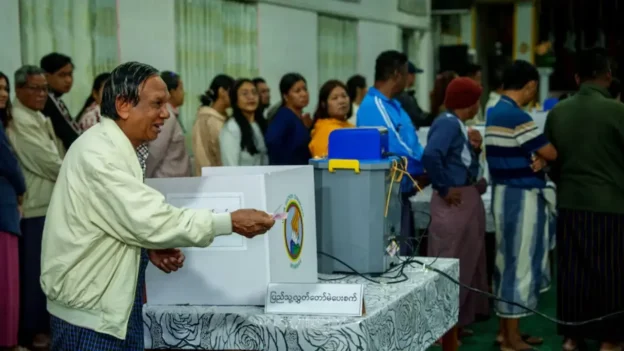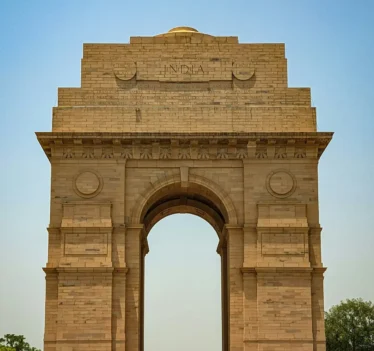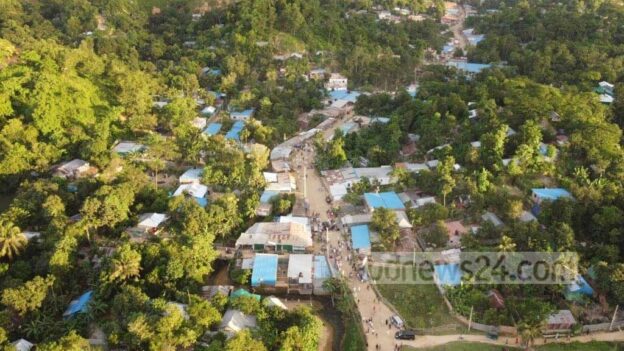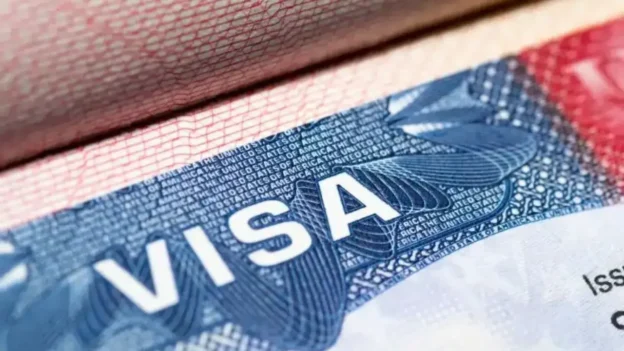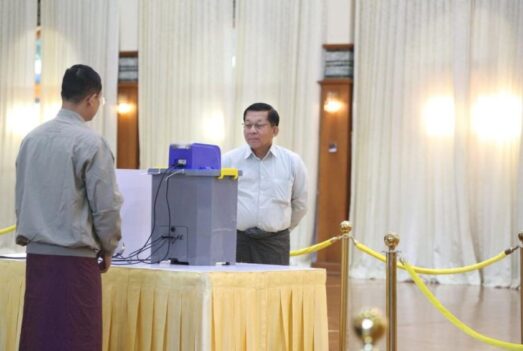Van Lal Rual Bawm, a 38-year-old member from Bangladesh’s indigenous Bawm community, died on July 17 in Chattogram Medical College Hospital after more than a year in detention without formal charges or trial.
His death marks the third in three consecutive months of Bawm detainees dying in custody during an ongoing military crackdown in the country’s southeastern Chittagong Hill Tracts (CHT), raising serious concerns about systemic abuses and the erosion of legal safeguards.
Mr. Bawm’s family and local human rights monitors say he was transferred to the hospital in critical condition following repeated delays in receiving medical care while imprisoned.
His passing came without public explanation or official acknowledgment from Bangladesh’s government, which has yet to provide details on the circumstances of his death or initiate an independent inquiry.
The Bawm are a Christian indigenous minority group numbering just over 12,000 people, mostly residing in Bandarban district near the tri-border region of Bangladesh, India, and Myanmar. They are one of eleven indigenous communities in the CHT, an area historically marked by ethnic conflict, state militarization, and land dispossession.
Van Lal’s death follows those of two other Bawm detainees: Lalthleng Kim Bawm, 30, who died on May 15 at Chattogram Central Jail; and Sangmoy Bawm, believed to be in his late 50s, who died at his home on June 1, two days after being released on bail due to serious illness attributed to inadequate medical care in custody.
All three men had been detained in the wake of Bangladesh Army operations launched in April 2024, targeting the Kuki-Chin National Front (KNF), a small armed group accused of attacks on military and financial installations.
Rights groups assert that while the KNF is a legitimate security concern, the government’s response has indiscriminately targeted indigenous civilians, especially Bawm families, with over 120 arrested so far.
“This is no longer a tragic anomaly — it is a systematic collapse of justice,” said Thangzél Bawm, a member of the Bawm Social Council. “Our people are being held without due process, denied medical care, and dying in silence.”
Relatives of the detainees describe harsh prison conditions, lack of access to legal counsel, and obstruction of medical treatment, all of which contribute to deteriorating health and death in custody.
My cousin was never brought before a judge,” said one family member, speaking on condition of anonymity for safety. “We begged for doctors, but he was left to suffer until he died.”
The Chittagong Hill Tracts have long witnessed entrenched ethnic tensions and armed conflict.
The region’s indigenous peoples, who differ ethnically and culturally from the Bengali majority, have faced decades of marginalization, displacement, and militarization.
The 1997 CHT Peace Accord was intended to end the insurgency by recognizing indigenous land rights and reducing the military footprint, but many key provisions remain unimplemented.
Since late 2023, the security situation deteriorated further when the KNF launched attacks on army outposts and bank branches in Bandarban. The government responded with heavy-handed military operations.
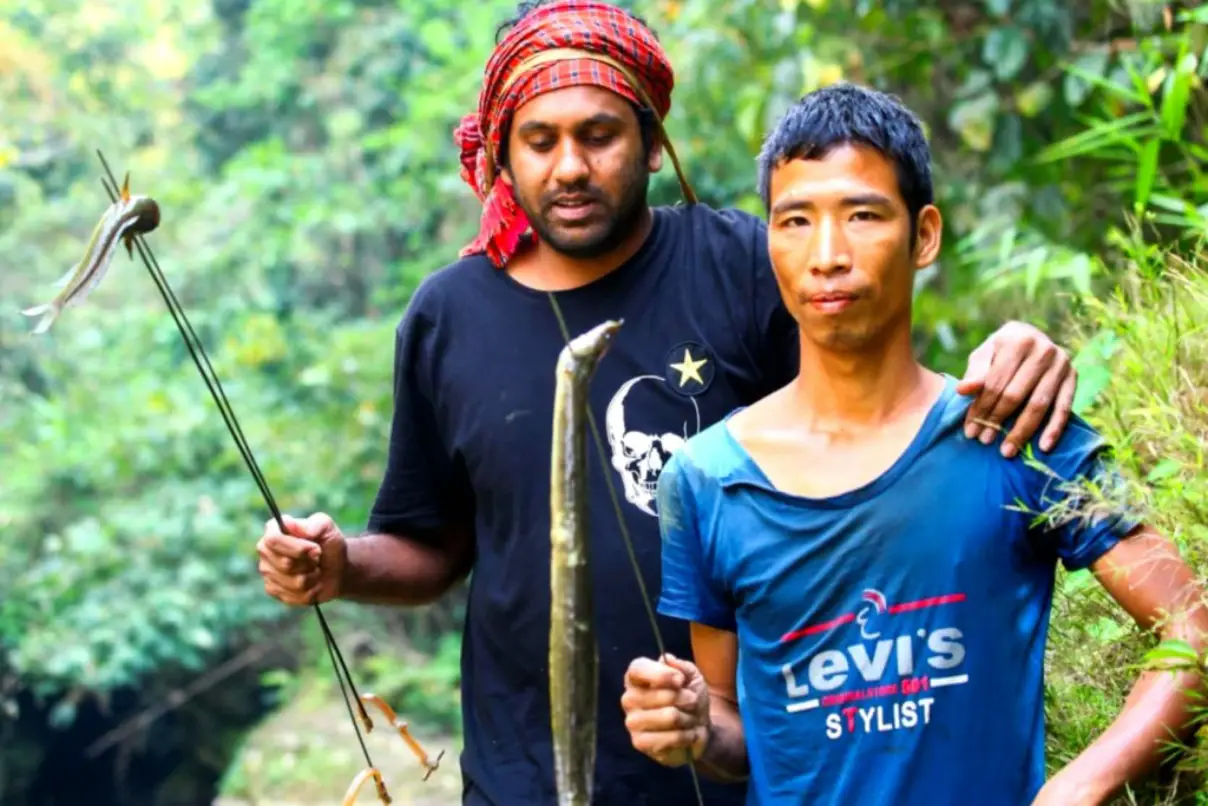
The crackdown, while officially described as counterterrorism, has drawn criticism from human rights organizations and civil society groups.
They allege the state’s actions amount to collective punishment, disproportionately targeting indigenous civilians with scant evidence of involvement in militancy.
“The arrests have swept up entire families — women, children, and the elderly — often without warrants or credible charges,” said a senior Bawm leader from Bandarban seeking anonymity.
Following the deaths of the first two detainees, protests erupted in Bandarban, Chattogram, and Bangladesh’s capital Dhaka. Hundreds demanded independent investigations and justice for the deceased and those still imprisoned.
A coalition of 384 academics, lawyers, journalists, and civil society leaders issued a statement condemning what they called “ethnic persecution under the guise of counterterrorism.”
They urged the government to halt further arbitrary detentions and uphold international human rights obligations.
Yet, despite mounting public outrage and urgent appeals from civil society, the interim government led by Dr. Yunus has maintained a resolute silence—offering neither explanation nor initiating any independent inquiry into the deaths
For the Bawm people, the deaths are a devastating blow. As a small, tight-knit indigenous minority, they fear that continued repression will erode their community’s cultural and physical survival.
“Our hills have become prisons,” said a relative of one detainee. “Our people vanish without justice. The world must hear our voices before more lives are lost.”
Source : The Chittagong Hill Tracts

